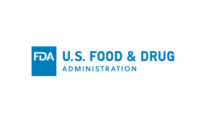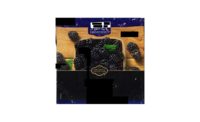This week, the U.S. Food and Drug Administration (FDA) released new details regarding the agency’s microbiological surveillance sampling program for frozen berries.
As of September 30, 2019, FDA has tested 339 domestic samples as well as 473 imported samples of blackberries, raspberries, and strawberries.
Out of all the frozen berries tested, genetic material from Hepatitis A was detected in five of them while genetic material from norovirus was detected in eight of them. FDA used multiple laboratory validated RT-qPCR methods for the detection of hepatitis A virus and norovirus viral sequences in soft fruit.
The 13 positive samples were then further tested using Sanger sequencing to determine whether or not the viral material could be further characterized by examining a separate, distinct section of the viral genomes. Nine out of the 13 samples could be further characterized using this technique. When the FDA detected genetic material from hepatitis A virus or norovirus in a sample, the agency notified the firm of the finding(s) and worked with them to take appropriate action to protect the public health.
Testing for all pathogens is still underway and no conclusions can be drawn at this time.
More on FDA's frozen berry sampling program
Sign up for Food Safety Magazine’s bi-weekly emails!
Subscribe to our podcast: Food Safety Matters!




